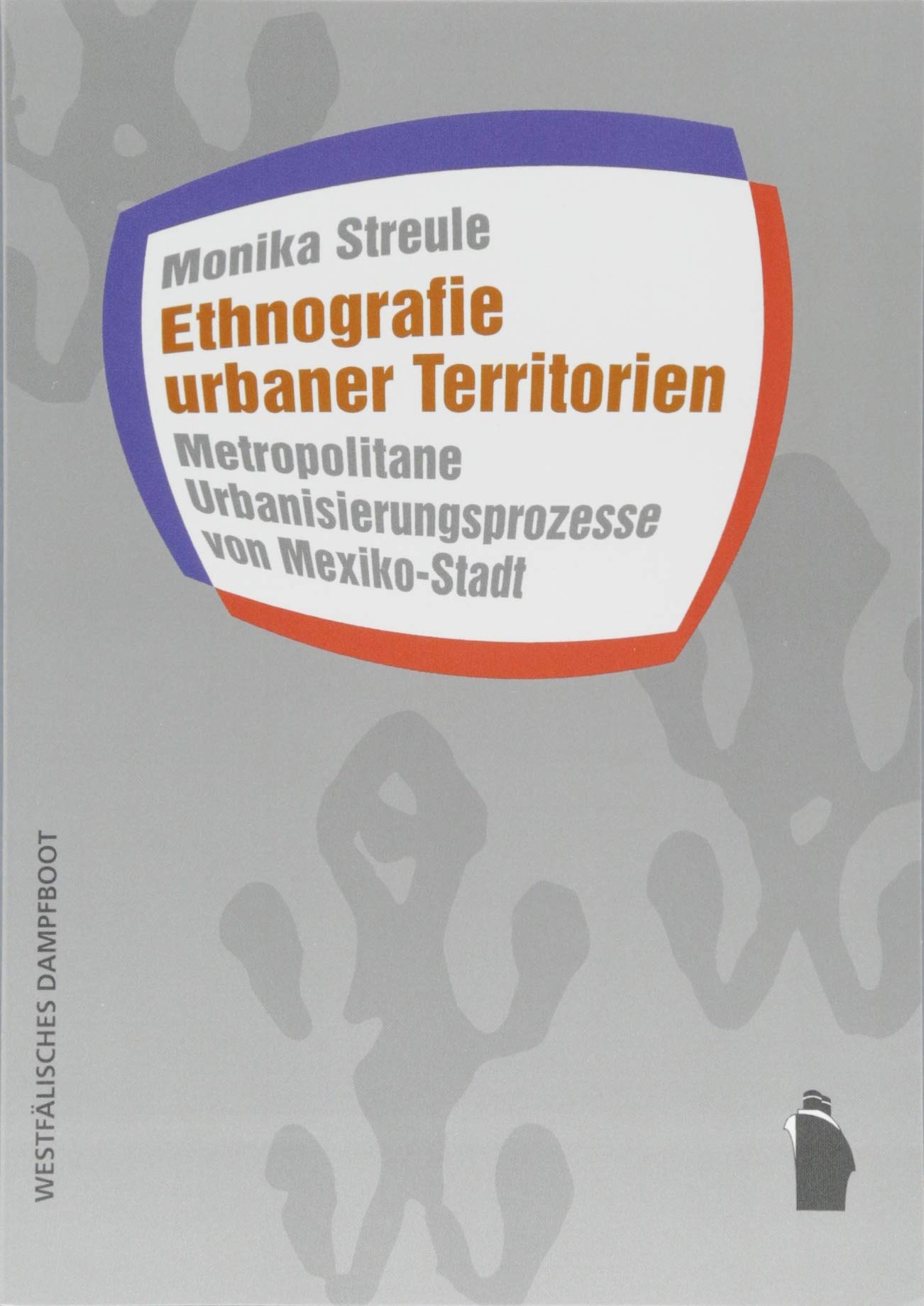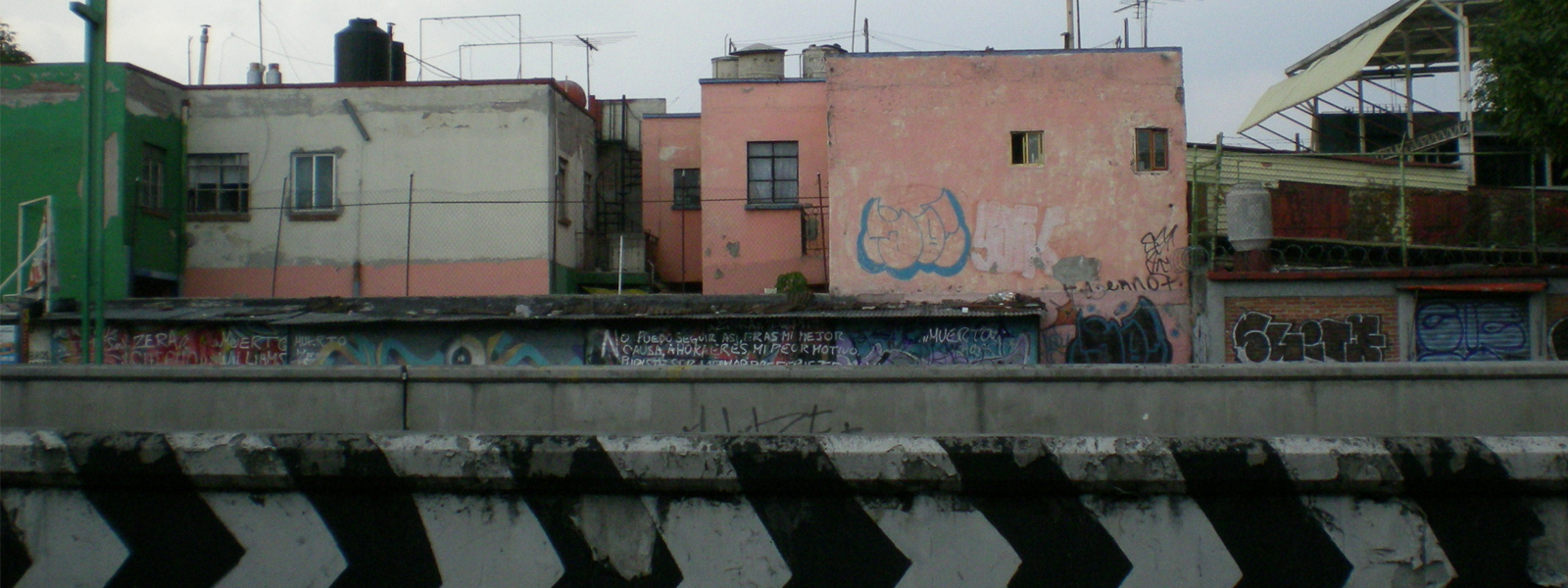Ethnography of urban territories seeks to comprehend transformations of the spatial dimension of society. Hence, to understand urban phenomena as a social process, it introduces territory as a particularly qualified notion to study and apprehend the contemporary urban condition of Mexico City, asking: What kind of urbanization processes can be identified on the metropolitan territory of Mexico City? And, how can they be explained? Which main subjects are involved in the production of the urban? How are such urbanization processes inscribed in the terrain?
Following calls to decentralize and pluralize both the theories of urban studies and the modes of knowledge production, the book deals with these questions in theoretical and methodological ways. This leads to the question of how such an ambitious research of metropolitan scale can be performed in a qualitative-empirical way. Confronted today with intensifying, concentrating and extending urbanization processes at all spatial scales and across multifarious urban contexts and everyday realities, the explicitly transdisciplinary approach of urban ethnography is a particularly adept mode to produce knowledge about current social, political and economic transformations.
Empirically grounded, based on extended ethnographic fieldwork, and developed in conversation with other urban everyday realities in the framework of a broader comparative project, the book entangles everyday experience on the street-level with socio-territorial relations on a metropolitan scale. Thus, it suggests a novel way of thinking about urban transformation in a multi-sited, multi-scalar, and multi-temporal perspective. In this respect, the book is deliberately moving beyond a single case study.
Finally, by developing, employing and reflecting on experimental methodologies like Mobile Ethnography, Qualitative Mapping, and the Periodization of Urbanization Regimes, the book demonstrates how a postcolonial perspective on urban processes radically and effectively alters the scientific approach towards the urban. If urban theory is to be both provisional and revisable, it is key to foreground the role of the corresponding methodological strategies. Thus, integrating theory, method, synthesis and reflection, the book demonstrates how methodological innovations are both influenced by and formative of a decentered urban theory. As such, the book offers essential links for further investigations in the field of urban studies in general, and particularly for the analysis of different urban contexts in a comparative perspective.

Ethnografie urbaner Territorien. Metropolitane Urbanisierungsprozesse von Mexiko-Stadt. (2018) aus der Reihe Raumproduktionen: Theorie und gesellschaftliche Praxis Band 32. Münster: Westfälisches Dampfboot.
ISBN: 978-3-89691-294-7
